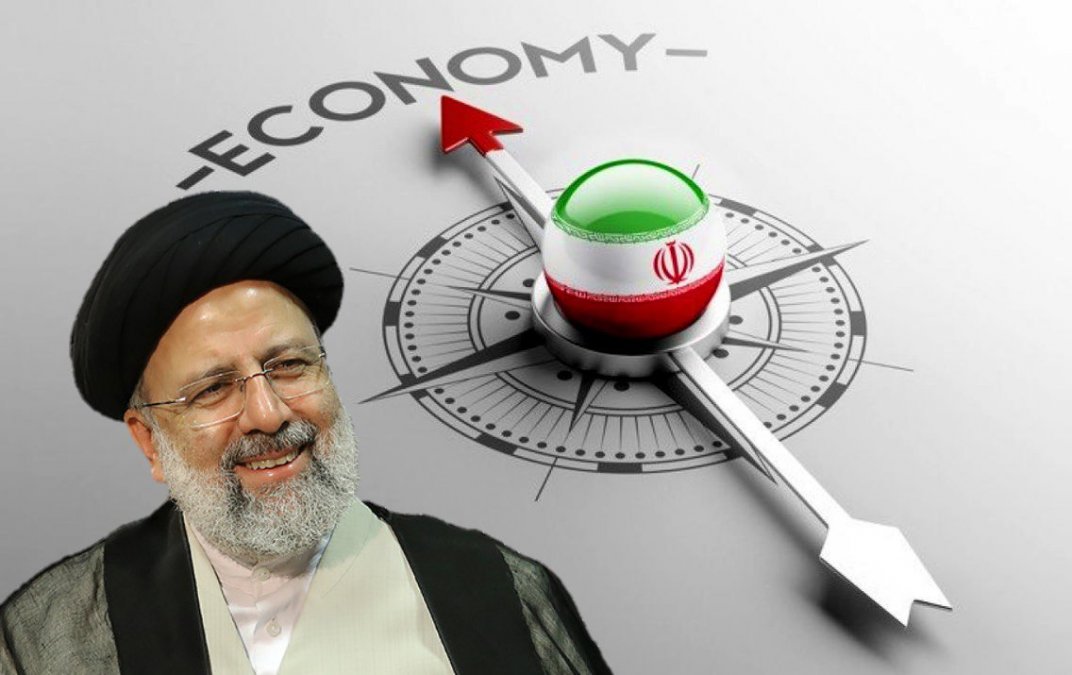From Government Data Fabrication to Systematic Concealment
From government data fabrication to systematic concealment, according to Iran Gate, it’s been over two months since the Central Bank and the Statistics Center, which are the authorities for publishing economic statistics, have not fulfilled their duties in this regard. Many experts criticize the government and the Central Bank, viewing this illegal action as a significant threat to the country’s economy. Others believe that such actions by the government indicate a shift in the government’s strategy for managing the country’s macroeconomic affairs.
Since coming to power, the administration of Ebrahim Raisi has had a specific strategy for dealing with economic challenges in the media arena. According to this strategy, the government decided to manipulate official statistics to create a resume that could assist its managers in dealing with the media. In this framework, there was no difference between statistics on the annual change in egg prices and the point-to-point inflation rate, and the government’s approach was almost the same in all cases.
However, it seems that for about five months, the Raisi administration has decided to change its strategy in this regard and adopt a new approach. According to the new pattern, it appears that the government has concluded that by completely preventing the publication of statistics, it can avoid trouble and free itself from difficult and challenging encounters with persistent journalists.
Inaction of the Statistics Center and Silence of the Central Bank
As of the time of preparing this report, more than 70 days have passed without any statistics on the inflation rate in the country being published. According to the sixth development plan, which still holds authority, the Statistics Center of Iran is responsible for publishing a monthly inflation report in Iran and must place this report on the official internet portal of the Statistics Center on the first day of each month according to a specific schedule. However, as mentioned, the last statistics published by the Statistics Center of Iran were related to the inflation rate report for February 2023, and to this day, no explanation has been provided for its inaction.
Interestingly, not the slightest sound is heard from the platforms belonging to the Central Bank. Usually, when the Raisi government needed data fabrication, the Central Bank traditionally intervened and assisted the economic team of the thirteenth government. However, in the current situation, even the Central Bank has decided to maintain a thoughtful silence regarding the publication of inflation statistics.
The Issue is Broader Than Non-Publication of Statistics
However, the Raisi government’s concealment strategy in the field of publishing statistics is not limited to monthly inflation reports. The Central Bank is also obligated to publish a monthly report on the housing market situation in the country, but so far, the Central Bank has not released the slightest report under this title for over four months. Interestingly, since the day Mohammadreza Farzin took over the helm of the Central Bank, the institution’s approach has been such that there has been minimal interaction with official media.
Government Information Council, the Headquarters of News Suppression
But the issue goes far beyond the non-publication of inflation and housing market reports. The dismissal of the spokesperson for the Central Insurance of Iran, the Ministry of Industry, Mines and Trade, and serious warnings to public relations experts in government departments are among the most important signs that testify to a change in the government’s strategy in dealing with the press. These dismissed managers, who have faced confrontations from their superiors in recent weeks, are among the victims of the 180-degree turn of the Raisi government in public relations.
The command room of this strategic turn is also the Government Information Council, chaired by Sepehr Kholaji. Interestingly, the remarks of the spokesperson for the Central Insurance and also Omid Ghalibaf, the former and controversial spokesperson of the Ministry of Industry, Mines and Trade, were directly and immediately addressed by Kholaji, even on the social network Twitter. This confrontation was so serious and profound that the former Minister of Industry, Mines and Trade, Seyed Reza Fatemi Amin, and the head of the Central Insurance were forced to quickly and promptly sign the dismissal orders of their organization’s spokespersons.
The Government’s 180-Degree Turn
This type of confrontation indicates that the government has decided to adopt a new approach regarding the publication of news related to the government and especially the country’s economic variables. Instances such as the non-publication of regular and routine reports by authorities like the Statistics Center and the Central Bank also confirm that the government has decided to further restrict the limited communication it had with the country’s media body. It seems that high-ranking officials of the executive branch believe that such actions can reduce the existing tensions in the economic and even social environment of the country.
However, almost all experts, including economists and sociologists, unanimously agree that the government’s new media policy will not only fail to reduce tensions but will worsen the situation.
Financial Times: Raisi Government Conceals Real Inflation Data
The Sound of Hyperinflation Approaching, Part Two
English
View this article in English

